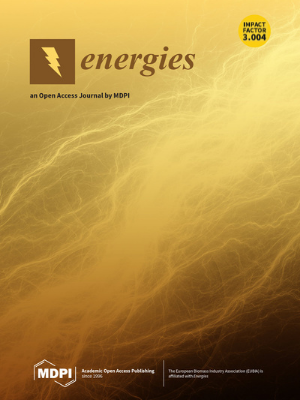使用可变 (HVO) 生物柴油和生物丁醇混合燃料的压燃式内燃机能量参数研究
IF 3.2
4区 工程技术
Q3 ENERGY & FUELS
引用次数: 0
摘要
本研究调查了纯氢化植物油、氢化植物油和生物丁醇等不同生物燃料及其混合物对压燃内燃机非能动运行特性的影响。研究调查使用的是斯柯达明锐 1.9 TDI 汽车的涡轮增压直喷压燃发动机。在整个调查过程中,主要重点是分析能量特性,如功率、制动特定燃料消耗量(BSFC)、制动热效率(BTE)和其他相关因素。分析涉及生物基燃料的多种组合,即四种 HVO 与生物丁醇的混合燃料(HVO100、HVOB5、HVOB10 和 HVOB20),随后将其与化石柴油(D100)进行比较。研究结果表明,与 D100 汽油相比,使用 HVO100 燃料可显著降低功率输出和质量分数。HVO100 燃料的性能优于 D100 汽油,在制动油耗方面提高了 1.7% 至 28%。此外,在发动机转速为 4500 rpm 时,使用 HVO100 燃料会导致制动热效率降低 4.4%。本文章由计算机程序翻译,如有差异,请以英文原文为准。
Compression Ignition Internal Combustion Engine’s Energy Parameter Research Using Variable (HVO) Biodiesel and Biobutanol Fuel Blends
This study investigates the impact of different biofuels, such as pure hydrogenated vegetable oil, hydrogenated vegetable oil, and biobutanol, as well as their blends, on the non-energetic operational characteristics of a compression ignition internal combustion engine. The research investigations were conducted using a turbocharged direct injection compression ignition engine that was put within a Skoda Octavia 1.9 TDI automobile. Throughout the investigation, the primary emphasis was placed on analyzing energy characteristics such as power, brake-specific fuel consumption (BSFC), brake thermal efficiency (BTE), and other related factors. The analysis involved the utilization of multiple combinations of bio-based fuels, namely four mixes of HVO with biobutanol (HVO100, HVOB5, HVOB10, and HVOB20), which were subsequently compared to fossil diesel (D100). The findings of the study indicate that the utilization of HVO100 fuel results in notable reductions in power output and mass fraction when compared to D100 gasoline. HVO100 fuel demonstrates superior performance to D100 gasoline, exhibiting a range of 1.7% to 28% improvement in brake-specific fuel consumption. Additionally, at an engine speed of 4500 rpm, the use of HVO100 fuel leads to a decrease in brake thermal efficiency of 4.4%.
求助全文
通过发布文献求助,成功后即可免费获取论文全文。
去求助
来源期刊

Energies
ENERGY & FUELS-
CiteScore
6.20
自引率
21.90%
发文量
8045
审稿时长
1.9 months
期刊介绍:
Energies (ISSN 1996-1073) is an open access journal of related scientific research, technology development and policy and management studies. It publishes reviews, regular research papers, and communications. Our aim is to encourage scientists to publish their experimental and theoretical results in as much detail as possible. There is no restriction on the length of the papers. The full experimental details must be provided so that the results can be reproduced.
 求助内容:
求助内容: 应助结果提醒方式:
应助结果提醒方式:


